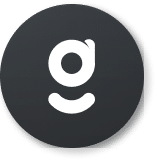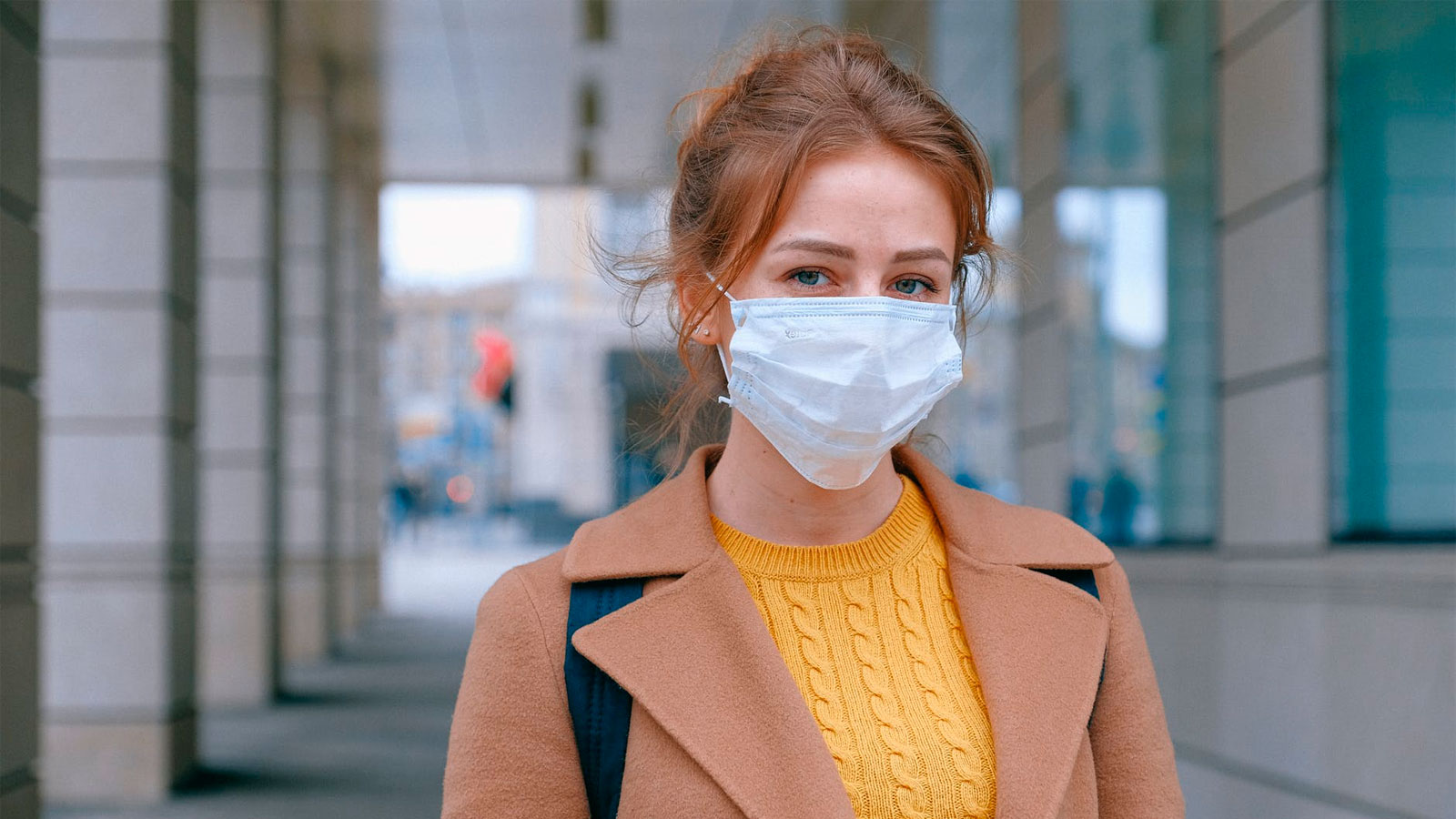Seems like not that long ago, hotels and other hospitality locations were judged by the friendly faces and excellent customer service provided by their staff members, front and center with their guests. Now, the bigger question for guests: Are hotels safe during COVID? Convenience services, such as online booking and room service, were just that; a convenience that was slowly becoming the norm in the industry.
Suddenly, a pandemic upends the industry, and many of these convenience services became a vital component of survival. Those guests who must continue to travel or who need to isolate themselves from family aren’t looking for any friendly faces (unless they are covered by a mask and behind Plexiglass). Health and safety for both guests and staff mean contactless and touchless experiences have become a must.
The new question hotel, hostel, and Airbnb owners are asking is how can they adapt convenience services to this rapidly changing need to survive a second wave of the pandemic?
A Robust Hotel Management System Is a Must
The first and most vital way to begin the journey is to offer your guests a robust property management system that keeps contact with staff and other guests to a minimum.
With this kind of system, guests can breeze through your front door, electronic key embedded in their phone, and head straight to their room without waiting in a queue at the front desk. No more wondering where all those people around them have been hanging out or freaking out if someone gets within six feet of them.
If you’ve not yet replaced your key card system with an electronic key system that allows guests to use the Bluetooth on their phones to enter rooms, then making your key pick-up a quick and low-contact system should be a priority.
A guest management system also allows the hotel to digitally communicate with guests before they arrive, when they are checked into their rooms, during check-out, and anytime in between to ensure all their needs are met. You also can survey your guests afterward to check on their experience and keep them informed of upcoming specials, events, or changes.
Goki smart locks integrate with the communications platform Twilio to make contacting and engaging your guests even easier. Click here to find out how Goki and Twilio can enhance your guest experience.
Many hotels also are using in-room touchless services for communication, either voice-activated devices or smartphone apps, to provide concierge services or to book spa or gym services. Guests can arrange to pick up items or be notified when they are dropped off outside their doors.
Resort locations also are finding ways to monetize previously free services by allowing customers to book desired poolside or beach seating, with appropriate social distancing and sanitizing services.
As many of these services are SaaS- or app-based, they are not too difficult to integrate into your existing management system. That’s a bright spot amidst this COVID chaos, but what more can establishments do to protect their guests?
Should You Do Health Checks?
Because the health of potentially hundreds of guests and staff members is at stake, many hotels are administering health checks to anyone who crosses the door. Ultimately, you should always defer to and adhere to the latest CDC guidelines for hotels, resorts, and lodges.
A staff member stands guard at the door to ask a few questions and administer a temperature check before allowing someone to enter. Of course, this creates a potential risk for the staff member and guests as they must interact in close proximity.
To counter this, some companies now are producing kiosks that provide the temperature checks without human involvement and restrict guests or staff from proceeding without passing the check.
But whether you take advantage of new tech or go the manual route, these checks provide limited liability protection because people can be infected with COVID-19 and transmit the virus for a few days before showing symptoms.
Health checks are helpful, but far from fool-proof protection. So, what else can you do?
Sanitizing for Safety During COVID
Another way the hospitality industry can ensure their guests’ safety during a pandemic is to monitor the cleaning and sanitizing schedules.
Some apps can help. The right app can track where cleaning staff is working, ensure they are cleaning and sanitizing in high-traffic areas on a regular schedule, and determine the best cleaning products to use. KWHotel and iAuditor are two such apps, but there are others on the market.
Extended-stay guests can either schedule cleaning times around when they are out or can be alerted when a cleaning crew will be present so they can avoid contact. They also can receive an alert when the staff has completed cleaning their room to ensure it is safe to return.
Though an efficient cleaning schedule and a diligent staff will go a long way toward creating a safe environment for your guests, it isn’t an infallible solution. Mistakes happen, so every advantage should be considered to limit them as much as possible.
The Goki smart lock is one such advantage. In production, the metal and plastic hardware of our smart locks are injected with a special antimicrobial additive that renders the lock surface 99% germ resistant. It’s a reassuring back-up plan to support your housekeeping team.
The Cost of COVID-19 Protections in Hotels & Hospitality
As the hospitality industry struggles to survive the ongoing economic impact of the pandemic, the cost of all of these extra safety measures also creates a concern. Some of the costs will be seen as necessary to stay in business, as customers won’t book or return if they feel the experience will not be safe.
Moreover, depending on where you’re operating, your government may not have passed liability protections for businesses. It’s ultimately on you to do your due diligence, but if your hotel becomes a spreader site, the liability cost could be considerable.
Despite the lack of global liability protection, for hotels and hospitality workers in some countries, there is support on the horizon in the form of government grants for retrofitting establishments with COVID-preventative equipment, including smart locks. The United States will fund lock upgrades as they promote COVID safety, while Japan will incur up to 80% of the cost for replacing locks. Countries throughout the EU, Latin American, and the Middle East are considering similar programs.
The good news is that many of the software needs, such as a customer management system, can be implemented through SaaS technology, so you pay only a monthly service fee. Previous systems required a huge upfront cost plus hardware systems, the kind of cost that property management systems cannot afford during these difficult times.
SaaS also offers the opportunity to be up and running in a matter of a couple of weeks, as opposed to six months or more required for on-premise systems.
Hardware costs for things such as electronic keyless locks can be seen as a long-term investment in the property. They also include potential savings in the future as they feature fewer mechanical parts that can wear out and need frequent maintenance and replacement.
Though everyone is eager to return to “normal” after the COVID-19 pandemic, hospitality industry insiders should realize and prepare for a new normal.
Travelers are going to expect many of the precautions that hotels and others are taking to get through the pandemic to extend beyond 2020 and COVID-19. There hopefully will come a time when guests are eager to see the friendly faces of your staff, but the convenience of contactless and touchless services will become part of the new normal for some time to come.
Contact our experts at Goki to learn how touchless technologies will help your hospitality business move through and beyond this COVID time.




Join the discussion 2 Comments